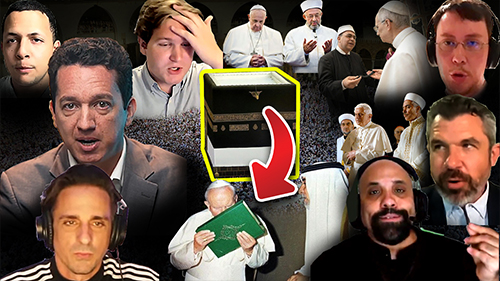Spirituality
“And the Lord appeared to Solomon in a dream by night, saying: Ask what thou wilt that I should give thee. And Solomon said: … Give therefore to thy servant an understanding heart, to judge thy people, and discern between good and evil… And the Lord said to Solomon: Because thou hast asked this thing, and hast not asked for thyself long life or riches, nor the lives of thy enemies, but hast asked for thyself wisdom to discern judgment, Behold I have done thee according to thy words, and have given thee a wise and understanding heart, insomuch that there hath been no one like thee before thee, nor shall arise after thee. Yea and the things also which thou didst not ask, I have given thee…” (3 Kings 3)










 " />
" /> " />
" /> " />
" /> " />
" /> " />
" />





